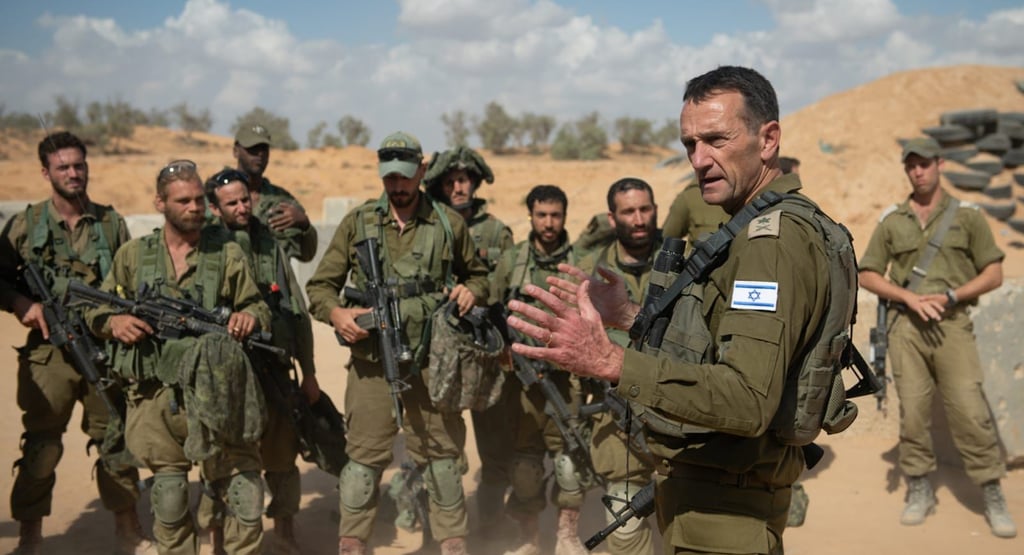The Gaza Conflict: Balancing Security and Humanity in a Complex War
While Israel maintains its right to defend itself, the ongoing war in Gaza has raised global concerns over civilian casualties and humanitarian access. This article explores the difficult balance between national security and the moral responsibility to protect innocent lives.
OPINIONPOLITICS
Emmanuel Makome
4/24/20252 min read


The Gaza-Israel war, now stretching into its seventh month, is one of the most harrowing and complex conflicts of the 21st century. While the images from Gaza are deeply distressing—flattened buildings, wounded children, and overwhelmed aid workers—the roots and realities of this conflict go far deeper than many headlines suggest. Israel, faced with persistent security threats and a governing body in Gaza that openly calls for its destruction, walks a razor-thin line between defending its citizens and upholding international humanitarian standards.
From the outset of this war in October 2023, Israel’s position has remained clear: its military objectives are targeted, and its war is against Hamas, not the Palestinian people. For a nation surrounded by volatility, allowing attacks on its soil to go unanswered is not an option. Hamas’ rocket fire into Israeli cities, use of human shields, and tunneling operations under civilian infrastructure have made this war not just a military challenge but an ethical one as well.
Israel insists it takes extraordinary steps to minimize civilian casualties—warnings before strikes, targeted operations against weapons depots hidden in civilian areas, and efforts to create humanitarian corridors. These measures reflect an awareness of global scrutiny and a stated commitment to the laws of armed conflict, even when Hamas complicates this by embedding itself within civilian populations.
That said, war is brutal. The cost in Gaza has been staggering. Entire families have been wiped out. Hospitals and schools—some reportedly used by militants—have been struck. And the international community is increasingly alarmed by the scale of suffering. While it’s crucial to hold all sides accountable, it’s also important not to simplify this into a one-sided narrative. Israel’s actions must be understood in the context of its national security, not just in isolation.
The international community should work not only to de-escalate the current crisis but to address its root causes—ensuring long-term security for Israel and a viable future for Palestinians. Ceasefires, if not paired with a political process, are temporary reliefs, not solutions. If anything, this conflict underscores the failure of past diplomacy, not just the aggression of the present.
A way forward must include calls for restraint, yes—but also clarity. Hamas cannot be allowed to continue using its own people as shields or to stockpile arms in civilian zones. At the same time, Israel must continuously evaluate the human cost of its military operations and seek new ways to reduce unnecessary suffering. That’s not just a matter of morality—it’s strategic wisdom.
The world is watching. And if peace is to have a chance, it will come not from oversimplified blame, but from pressure on all parties to prioritize life—Israeli and Palestinian—and chart a course to a future not defined by war, but by dignity and mutual recognition.
© 2026. Ke Press Global. A Ke Harbor Company. All rights reserved.
FOLLOW KE PRESS GLOBAL ON :
Contact us


